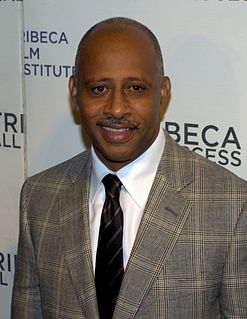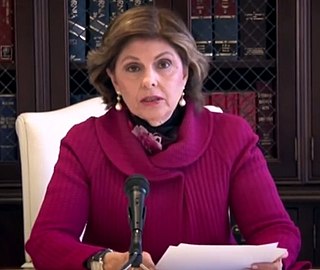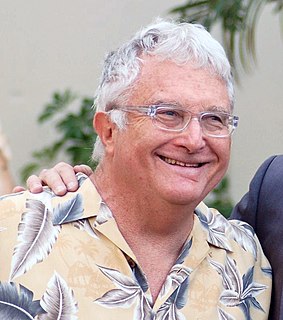A Quote by Tom Perez
I'm often accused of hiring people with civil rights experience, and I do plead guilty to that.
Quote Topics
Related Quotes
You plead guilty you get 20 years, you plead guilty you get 15 years. That's the lowest time I heard and I said I'm no kingpin, I didn't do this. I decided at that moment that I was going to prison and I wasn't going to pay someone to send me to prison. I decided to put the gloves on, string up the boots, and get into the fight.
[Before the Civil Rights Act of 1964], many governments in southern states forced people to segregate by race. Civil rights advocates fought to repeal these state laws, but failed. So they appealed to the federal government, which responded with the Civil Rights Act of 1964. But this federal law didn't simply repeal state laws compelling segregation. It also prohibited voluntary segregation. What had been mandatory became forbidden. Neither before nor after the Civil Rights Act were people free to make their own decisions about who they associated with.































